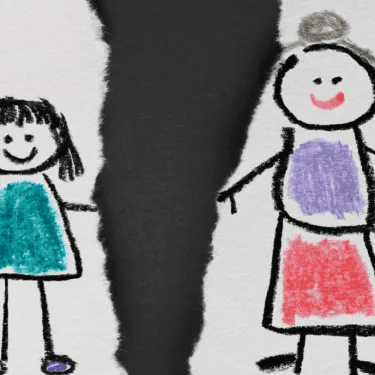A recent article in the Sydney Morning Herald, which you can read here, told stories of adult children who have 'divorced' their parents, which has led to further discussion about what exactly it means to 'divorce' your parents.
If the child is under 18
If a child is under 18, in certain situations, they can 'divorce' their parents so that the state becomes their guardian. This means the child is no longer under the control or authority of their parents, and the parents no longer have legal parental duties and responsibilities. This process is also sometimes known as 'child emancipation'.
A child or a parent can apply for this, and the process is then handled by the Children's Court. The situations where the Children's Court will grant such an order are where the parents harm the child, or risk harm to the child, or where there are irreconcilable difference, even where no harm is involved. The process requires dispute resolution, including mediation and counselling, in order to satisfy the court that all avenues have been tried.
If the child is over 18
If the child is over 18, there is no equivalent process in the Children's Court, or any other court. The process that we might call 'divorcing your parents' is an emotional and social estrangement between the adult child and their parent.
However, legal issues still may arise where a third generation gets involved - for example where there is the estranged parent, their adult child, and then a grandchild. While the adult child doesn’t legally divorce their estranged parent, they might deny the estranged parent access to the grandchildren. Here, the grandparents might attempt mediation, or bring proceedings in the Federal Court to see the grandchildren.
In Australia, the law recognises the importance of the grandchildren-grandparent relationship. The Family Law Act 1975 (Cth) s 65C provides that a grandparent may make an application to the Family Court for a parenting order.
If this article raises any queries or issues, please contact our family law specialists at Freedman & Gopalan Solicitors by filling out the online enquiry or calling us on 02 8917 8700.

